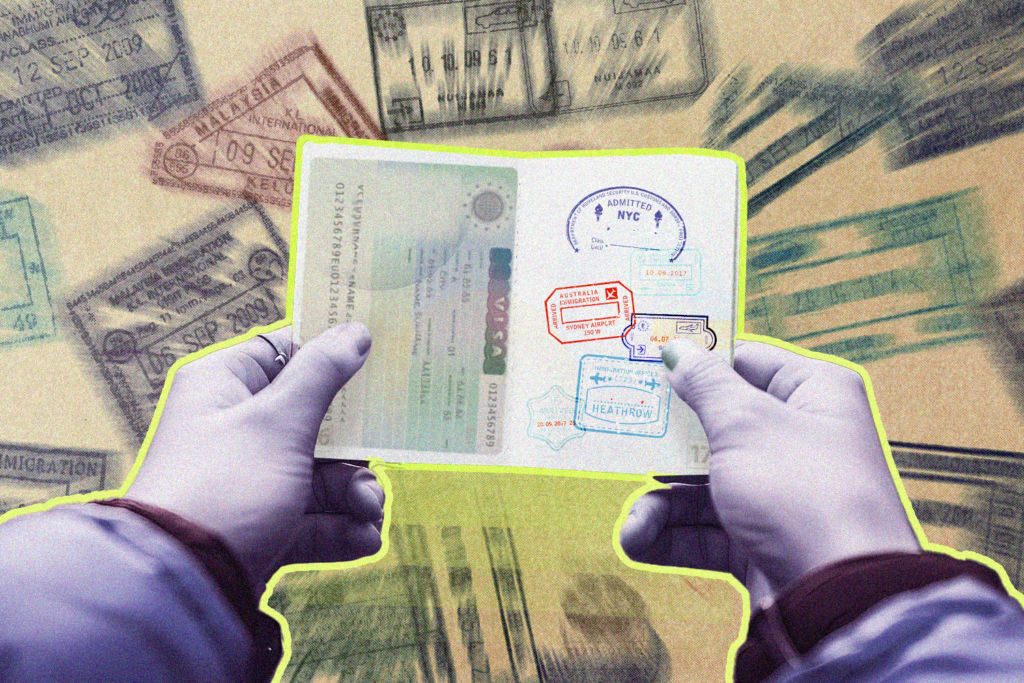Skift Take
Looser visa restrictions are greasing the wheels of global tourism, but the real question is whether these policies can sustain long-term growth or just offer a fleeting boost to countries eager for quick wins.
Five years ago, Indian newlyweds Pallabi and Kshitiz were all set for their dream honeymoon in Australia. But Kshitiz had a business trip to Dubai that left him with no time to submit his passport for the Australian visa, which would take about a month to process. They had to settle for a local getaway instead. Fast forward to today, and with Australia’s new online visa application process — no passport submission required — they're finally heading to Australia this October.
Rahul Diwan has a visa-disappointment story too. In 2018, right after he started his MBA in Dublin, he had a shot to study for a semester at Yale University in the U.S. But Ireland required a re-entry visa for Indian passport holders, and with a month-long wait, it just wasn’t possible.
Stories of visa headaches are all too common for travelers throughout Asia. It’s been a major block on growth in tourism. But there are subtle yet significant changes happening that highlight a broader trend: In many countries, the walls are coming down and the world is slowly opening up, despite increased tensions and a movement in some areas toward isolationism.
Digital platforms have replaced the cumbersome paper applications, offering quicker, more efficient processing. Some countries have introduced more flexible visa categories and expedited services, while other nations have implemented visa waiver programs or eased entry requirements.
According to the UN Tourism's Tourism Visa Openness Report, the need for traditional paper visas has dropped significantly. In 2023, only 47% of travelers required a paper visa, down from 59% in 2018 and a striking 77% in 2008.
Also, 18% of the world population can apply for e-visas in 2023, an increase from 7% in 2018 and just 3% in 2013.
This is a boon for travelers, allowing more spontaneous trips. And it’s even more of a windfall for destinations, which can increase tourism and, in turn, boost economies.
Diwan notes that Ireland has dropped its re-entry visa rule for all nationalities. “If only I had the same opportunity now,” he says. "Who knows how different things might’ve been if I had a chance to visit Yale?"
How Visas Evolved and Shaped Global TravelThe concept of visas — formal endorsements on travel documents permitting entry into a country — dates back centuries, though they have evolved significantly.
